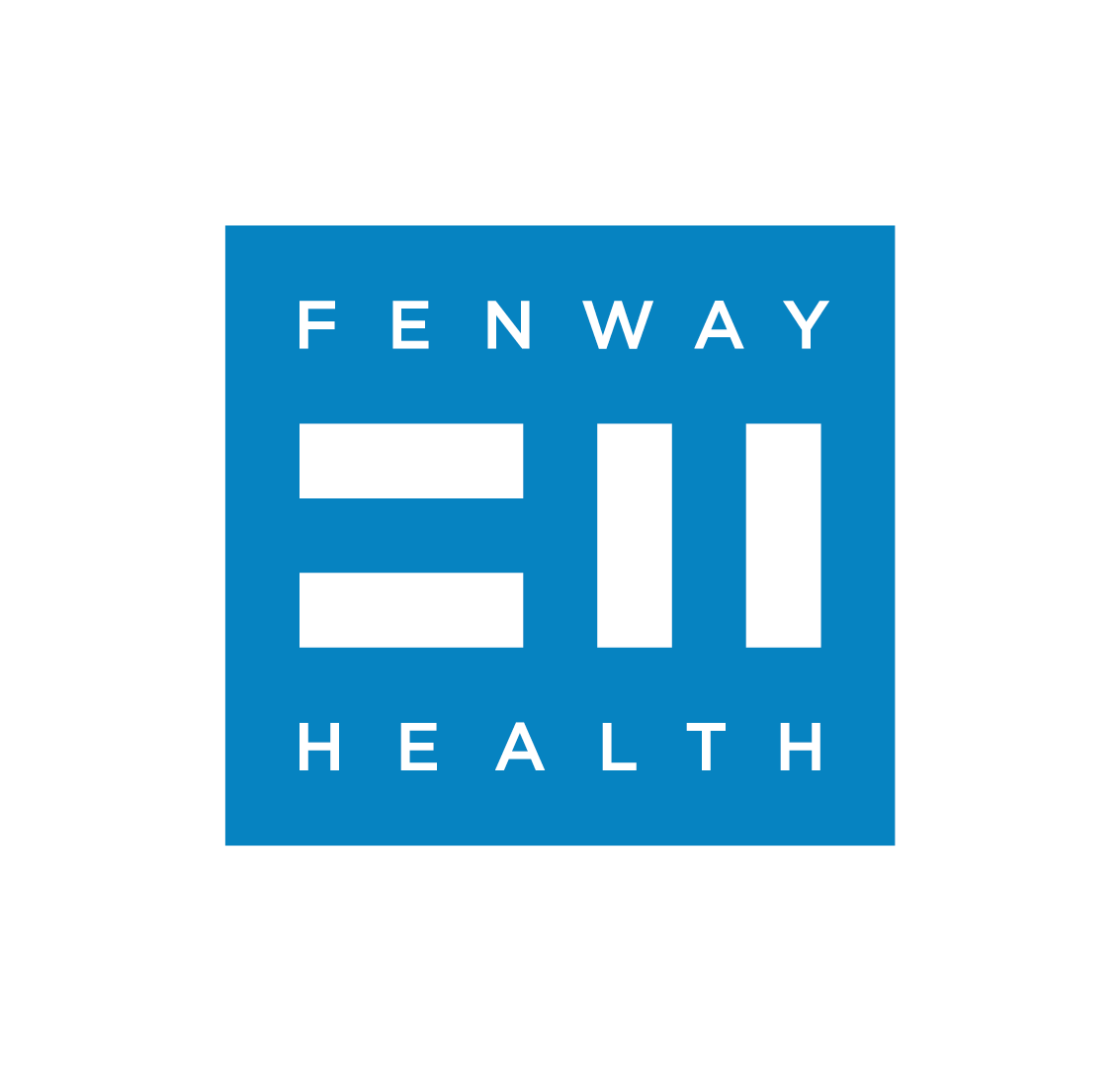
Podcasts: An Emerging Communication Medium for Storytelling, Disseminating Health Information

Fenway Health’s Pride in Our Health podcast is an example of new voices being heard, and an alternative means of getting health information to the general public.
According to the Centers for Disease Control and Prevention, “For both sexes, visits to a doctor or other health care professional increased with age, from 63.1% among men aged 18–29 years to 93.2% among men aged ≥65 years and from 82.4% among women aged 18–29 years to 94.3% among women ≥65 years.”1
These statistics demonstrate that as people age, they seek professional medical help more frequently. Still, health communication remains vital for everyone at all ages, and for those people who are not currently engaged in medical care with a provider, they may be missing important information.
This also becomes a question of how people like to receive news and information. Certainly social media remains an important way younger people including millennials and Gen Z get the majority of their information and news.
“I can’t overstate the importance of social media for reaching folks who otherwise might not hear our messages,” Fenway Health’s Content Creation & Social Media Manager Bren Cole, said. And social media has morphed so that different age groups gravitate to different social networks, Cole explained.
Another communication platform that is an emerging medium is podcasts. They are a place where people can listen in on conversations and learn about specific topics from experts. The medium is another complementary way health information is disseminated to the general public.
Podcasts are being utilized by younger people, and according to one
One of the nice features associated with podcasts is the ability to search specific topics listeners might be interested in. For example, Fenway Health’s Pride in Our Health examines issues related to HIV and
Cole is the host and producer of the podcast, and in addition to the aforementioned topics, podcast shows feature the clinic’s specialties and the research at the Fenway Institute.
Another distinction for podcasts is that they are first-person storytelling detailing people’s experiences. In fact, Cole really enjoys giving a voice to different types of people.
“I love to have conversations with folks, and hearing their stories is such an incredible opportunity to continue the tradition of oral history.”
Cole spoke to Contagion about how Fenway is communicating the messages of PrEP and HIV to the local community, addressing some common health challenges in the delivery of care of the LGBTQIA+ community, and what she enjoys about the podcasts.
Reference
1. QuickStats: Percentage of Adults Aged ≥18 Years Who Have Seen or Talked to a Doctor or Other Health Care Professional About Their Own Health in the Past 12 Months, by Sex and Age Group — National Health Interview Survey, United States, 2015. MMWR Morb Mortal Wkly Rep 2017;66:65. DOI:
Newsletter
Stay ahead of emerging infectious disease threats with expert insights and breaking research. Subscribe now to get updates delivered straight to your inbox.

































































































































